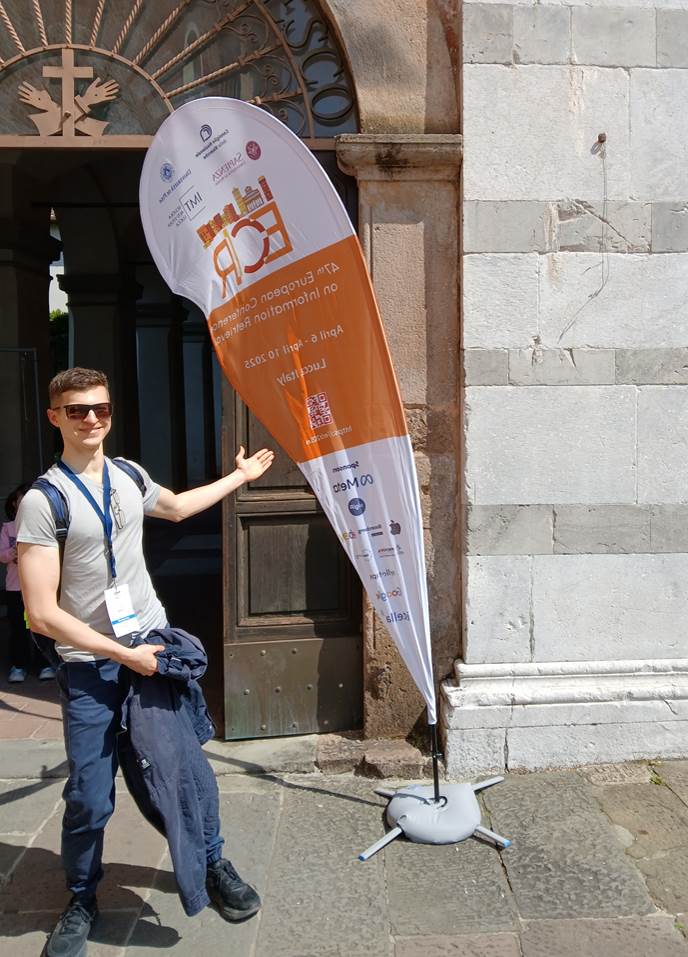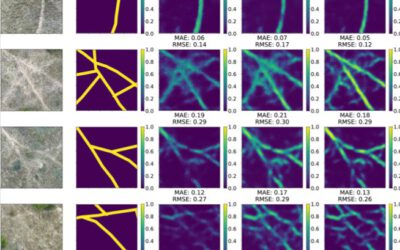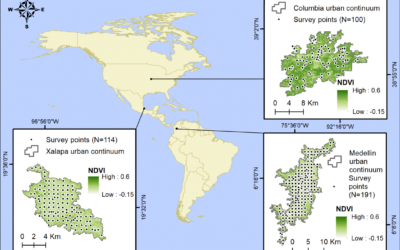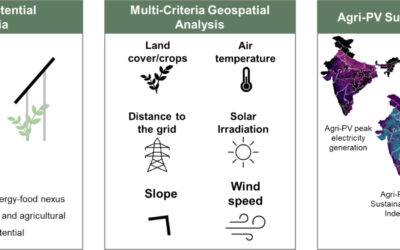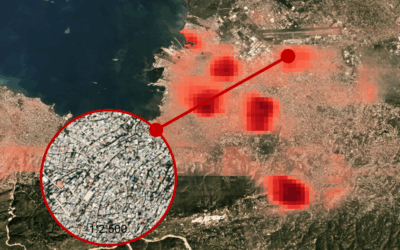Our team of researchers from the Earth Observation Center (EOC) of the German Aerospace Center (DLR), our Earth Observation Research Cluster (EORC) and the Geolingual Studies team of the University of Würzburg published a new study in which we continue our studies on Geospatiality. The paper is titled “Comparing Geospatiality of Topics between Geotag- and Geoparsing-based Geolocations“.
Previously, we had found that the topic of a text influences how likely it is to mention a location (that makes it usable for spatial studies). In this new study, we analyzed whether a similar relationship also exists for geotags set by the user. As it turns out, it does: The topic of a Tweet is significantly related to the likelihood of it being geotagged. Overall, the effect on geotags is weaker than for location mentions, however, there are some notable exceptions, like the topic of Travel, Tourism, and Migration. Identifying such biases in geospatial text data allows us to account for them when we attempt to harness the rich information that web texts can provide for spatial studies.
This study was presented by Johannes Mast last month at the International Workshop on Geographic Information Extraction from Texts (GeoExT) in Lucca, Italy and the full text is now publicly available at: https://ceur-ws.org/Vol-3969/paper1.pdf
The work supports our research initiative ‘Geolingual Studies’, which jointly applies spatial and linguistic approaches in geographic studies, and OpenSearch@DLR, which aims at providing free and transparent access to web information for research.
For some examples of the spatial analysis of text data, see:
The migrant perspective: Measuring migrants’ movements and interests using geolocated tweets
The voices of the displaced: Mobility and Twitter conversations of migrants of Ukraine in 2022
